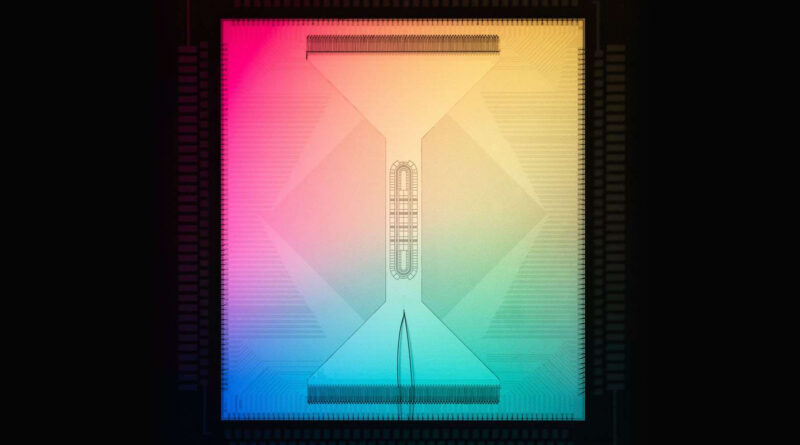Quantinuum Achieves Quantum Breakthrough with Certified Randomness Milestone
Quantinuum has announced a breakthrough that could pave the way for commercial applications of quantum technology. The company, in collaboration with JPMorgan Chase and two federally backed research labs, reported that its system successfully generated certified randomness—a task beyond the reach of traditional computers.
A Milestone in Quantum Computing
The breakthrough was detailed in a recent paper published in Nature. The research team demonstrated that a 56-qubit Quantinuum System Model H2 could perform random number generation using a protocol known as random circuit sampling. This method not only generated random numbers but expanded the input randomness—a feat impossible for classical supercomputers.
JPMorgan Chase played a crucial role in this accomplishment, developing an algorithm for the quantum machine that was later validated using classical systems, including Hewlett Packard Enterprise’s Frontier supercomputer—the same machine referenced in a similar study by D-Wave Quantum earlier this month.
Implications for Cryptography and Beyond
Certified randomness holds significant promise for cryptography and complex problem solving. By mathematically proving that the generated numbers were truly random, the researchers have taken a major step toward harnessing quantum computing for secure communications and advanced computational tasks.
Quantinuum CEO Rajeeb Hazra emphasized the breakthrough’s importance in an interview with Barron’s. “This is the year where it’s put up the facts or get out,” Hazra stated. “Our approach is to be very open and disclose everything for peer review. We believe that real-world, practical applications of quantum computing are on the horizon.”
The Road to Quantum Supremacy
Quantinuum’s achievement places the company among the select few claiming to have reached quantum supremacy—the point where quantum computers outperform their classical counterparts for specific tasks. However, the breakthrough comes with caveats. Scott Aaronson, a computer scientist and one of the collaborators on the study, pointed out that while the demonstration marks progress, it is not yet sufficient for high-stakes cryptographic applications. Aaronson described the current state as offering “practical security” against simplified, realistic attackers rather than full-scale, unbreakable security.
The research paper clearly outlines the limitations, acknowledging that while the results represent a promising step toward the practical application of quantum computers, they are not ready for widespread commercial use.
Investor Caution Amid Promising Research
The announcement comes during a period of heightened interest and speculation in the quantum computing sector. Recent events, including D-Wave Quantum’s claim of rapid materials simulation using its next-generation Advantage2 computer, have added to the excitement—and uncertainty—in the field. As details about timelines for broad-scale deployment continue to emerge, investors are urged to maintain a cautious perspective.
Marco Pistoia, JPMorgan’s head of Global Technology Applied Research, noted potential applications in statistical sampling and numerical simulations, highlighting that the highest-impact uses of quantum computing may extend well beyond current expectations.
Looking Forward
Quantinuum’s breakthrough in generating certified randomness marks an important chapter in the evolution of quantum computing. While commercial applications remain on the horizon, the achievement underscores the potential for quantum technologies to revolutionize fields such as cryptography, computational chemistry, and beyond.
As the quantum race continues, industry experts and investors alike will be closely monitoring further developments. The ability to achieve tasks that defy classical computing capabilities not only validates years of research but also sets the stage for future innovations that could reshape technology as we know it.
Photo Credit: DepositPhotos.com

